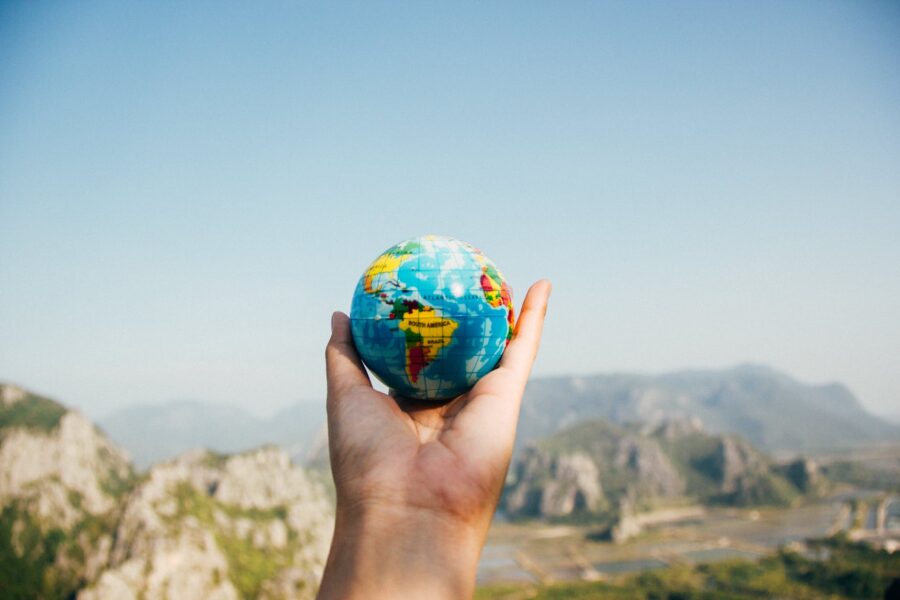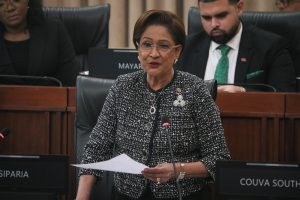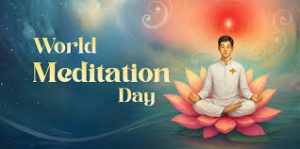
THOUSANDS of years ago, Latin America, India and Africa had achieved the status and respect of today’s developed countries.
Their ancient civilizations boasted of advanced culture, architecture, high standards of living, medicine, astronomy, literature and philosophy. This progress was occurring whilst the rest of the world could be considered- primitive, uncivilized and barbaric. Unfortunately, these roles were sadly reversed and seem permanent.
We live in a bipolar world. One section has countries classified as ‘developing’ with their populations being denied or having restricted access to basic human amenities such as clean water, food, shelter. Also, the citizens of these countries experience a low literacy rate, high mortality rate, low standard of living partly due to an inferior industrial sector and poor governance. The other section of the world is the developed countries in which the majority of their citizens live relatively comfortable lifestyles. How and why did our world become bipolar?

The twin evils of imperialism and colonialism have wreaked havoc on billions of persons throughout human history. The results were irreversible psychological, socio-economic and political damage due to invasions, slavery and forced annexations. These dastardly acts of conquest opened a Pandora’s Box of racism, religious bigotry, mineral exploitation, poverty, disease, environmental destruction, oppressive ideologies and countless wars.
There was a continuous onslaught against indigenous people which was initiated by European discoverers and explorers. Indigenous people endured burnt villages, confiscation of their land, stolen treasures and looted pyramids. This was part of a sad encounter involving greed and wanton destruction. The centuries of pillage and brutal exploitation of conquered and colonised countries are now proudly displayed in museums and archives of developed nations.
However, these grave injustices cannot be used as an excuse for operating in an inferior mode on the world stage. Neither apologies from former imperial powers for their past actions nor the casual signing of an agreement will allow for the exploitation to be abruptly curtailed.

The remnants of slavery and colonialism have resurfaced with the emergence of multinational corporations and the implementation of infamous ‘divide and rule’ policies remain. This neo-colonialism and neo-imperialism are disturbing legacies which constantly disrupt the fabric of fragile developing economies.
The future of the world largely depends on the choices and directions taken by developing countries. For instance, the utilisation of resources and operation of social, economic and political systems need to be modified.
The first step in reversing this trend is the materialization of the self-determination of citizens. This will result in the radical transformation of its role and contribution to world affairs.
All developing countries must adopt an alternative outlook. What is this perspective? It is more than merely a philosophy or abstract concept but an attitude, a way of life and the essence being the urgent need to improve lives and end suffering.
In developing societies, the disadvantaged and voiceless are imbued with survival tactics, an extra level of tolerance and a keen sense of discovering the means of continuing the next generation. Why must developing countries as India, Africa, Caribbean and Latin America be continuously jeopardized by economic and social problems? Why must developing nations endure the ignominy of being in a state of political and economic instability? These crises are interrelated and interconnected. Additionally, these crises did not suddenly arise and unless the problems can be traced and properly dealt with, then they will worsen.
The Global South must be truly independent and proud of its accomplishments. They have produced winners of Nobel Prizes and dominated such sports as cricket and soccer whilst their athletes have won the lion’s share of Olympic medals. Similarly, their literary minds, philosophers, political scientists and revolutionary leaders have made immense contributions to the world’s knowledge.
Yet, whilst many can boast of the achievements of developing countries, a vicious cycle has been evolving. After developing countries have invested precious human and natural resources to train teachers, professionals, students and scientists, the developed nations unscrupulously enter these relatively poor countries to recruit their prized professionals to work abroad for a lucrative salary. The leader must be aware that the residents of a developing country, especially professionals and those with unfulfilled ambitions, are constantly tempted to migrate to a developed country. Why? Because within a fragile economy, the grass on the other side always looks greener. Indeed, the lure of political stability and efficient social services are some of the factors which serve as an impulse for migration.
Dr Jerome Teelucksingh is a recipient of the Humming Bird (Gold) Medal for Education and Volunteerism. He is attached to the Department of History at the University of the West Indies at St Augustine. He has published books, chapters and journal articles on the Caribbean diaspora, masculinity, culture, politics, ethnicity and religion. Also, he has produced a documentary – Brown Lives Matter and presented papers at academic conferences.
See other articles by Dr Jerome Teelucksingh on AZP News:
The Influence of Labour on Caribbean Integration
The illusion of political Unity
Presbyterians in Trinidad: Humble Missionaries, Local Workers
Religious Plurality: Curse or Blessing
Caribbean Youth Need Optimism, Patriotism
Rethinking Identities in Caribbean, Latin America
November 19: All Inclusive International Men’s Day
Should International Agencies be Blamed for Unemployment
A Need to Observe Word Unemployment Day
An Ideology for the Trade Union Movement
The Man who Couldn’t be Prime Minister
Social Outburst vs Social Revolution
Challenges of the Men’s Movement
If George Floyd was Denied Parole
The Meaning of Indian Arrival Day in T&T
International Men’s Day – A Way of Life
Wounds that cause school violence
May Day: A Time for Solidarity, Strength
Who Coined the Term ‘Black Power’
The illusion of political Unity
Presbyterians in Trinidad: Humble Missionaries, Local Workers
Religious Plurality: Curse or Blessing
Caribbean Youth Need Optimism, Patriotism
Rethinking Identities in Caribbean, Latin America
November 19: All Inclusive International Men’s Day
Should International Agencies be Blamed for Unemployment
A Need to Observe Word Unemployment Day
An Ideology for the Trade Union Movement
The Man who Couldn’t be Prime Minister
Social Outburst vs Social Revolution
Challenges of the Men’s Movement
If George Floyd was Denied Parole
The Meaning of Indian Arrival Day in T&T
International Men’s Day – A Way of Life
Wounds that cause school violence
May Day: A Time for Solidarity, Strength
Who Coined the Term ‘Black Power’
![]()












